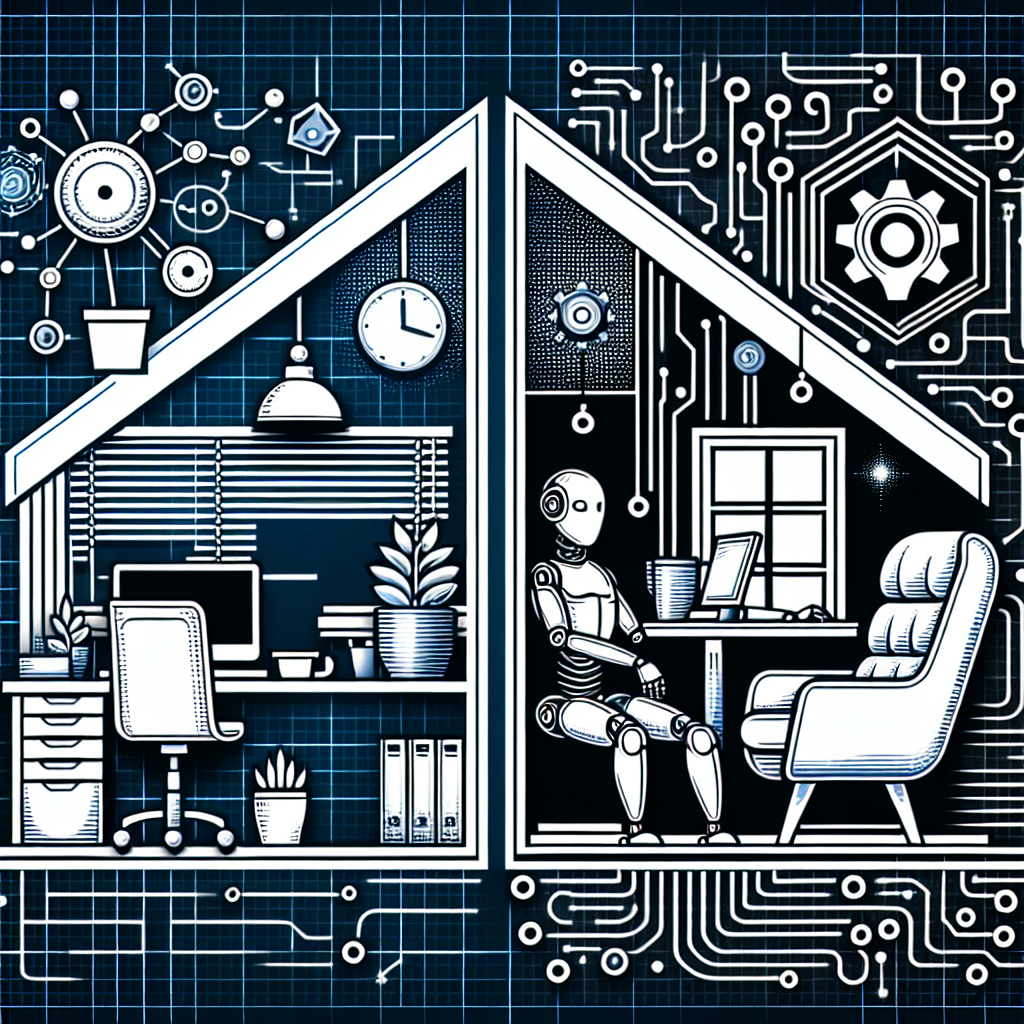Artificial General Intelligence (AGI) is a rapidly evolving technology that has the potential to transform the way we work and live in unprecedented ways. AGI refers to machines that have the ability to understand, learn, and apply knowledge across a wide range of tasks, much like a human being. Unlike traditional artificial intelligence systems, which are designed for specific tasks, AGI has the potential to revolutionize industries and society as a whole. In this article, we will explore how AGI is transforming the way we work and live, and address some common questions about this revolutionary technology.
AGI in the Workplace
One of the most significant ways that AGI is transforming the way we work is through automation. AGI-powered systems are capable of performing a wide range of tasks that were previously only possible for humans. This includes tasks such as data analysis, decision-making, and problem-solving. By automating these tasks, AGI can help businesses increase efficiency, reduce costs, and improve productivity.
AGI is also revolutionizing the way we interact with technology in the workplace. For example, AGI-powered virtual assistants can help employees with tasks such as scheduling meetings, organizing data, and answering questions. These virtual assistants can streamline workflows and make it easier for employees to focus on more strategic tasks.
Another way that AGI is transforming the workplace is through predictive analytics. AGI-powered systems can analyze vast amounts of data to identify patterns and trends that humans may not be able to detect. This can help businesses make better decisions, improve customer service, and increase profitability.
AGI in Everyday Life
In addition to transforming the workplace, AGI is also changing the way we live our lives. AGI-powered systems are already being used in a wide range of applications, from healthcare to transportation to entertainment.
One of the most promising applications of AGI is in healthcare. AGI-powered systems can analyze medical data to help doctors diagnose diseases, develop treatment plans, and predict patient outcomes. This can lead to more accurate diagnoses, personalized treatment options, and improved patient care.
AGI is also revolutionizing the transportation industry. Self-driving cars, powered by AGI, are already on the roads in some cities. These cars have the potential to reduce accidents, improve traffic flow, and increase accessibility for people who are unable to drive.
In the entertainment industry, AGI is being used to create more immersive and personalized experiences for consumers. For example, streaming services use AGI to recommend movies and TV shows based on a user’s viewing history. Video game developers are also using AGI to create more realistic and engaging gameplay experiences.
FAQs about AGI
Q: What is the difference between AGI and artificial intelligence (AI)?
A: AI refers to machines that are capable of performing specific tasks, such as image recognition or natural language processing. AGI, on the other hand, refers to machines that have the ability to understand, learn, and apply knowledge across a wide range of tasks.
Q: How is AGI different from human intelligence?
A: While AGI is designed to mimic human intelligence, there are some key differences. AGI systems are capable of processing vast amounts of data and making decisions at speeds that humans cannot match. However, AGI systems lack the emotional intelligence and creativity that humans possess.
Q: What are some potential risks of AGI?
A: While AGI has the potential to revolutionize industries and society, there are also potential risks to consider. These include job displacement, ethical concerns, and the potential for misuse of AGI systems. It is important for policymakers, businesses, and society as a whole to carefully consider these risks and develop guidelines for the responsible development and use of AGI.
In conclusion, AGI is transforming the way we work and live in unprecedented ways. From automating tasks in the workplace to revolutionizing healthcare and transportation, AGI has the potential to improve efficiency, increase productivity, and enhance our quality of life. As this technology continues to evolve, it is important for us to consider the potential risks and benefits of AGI and work together to ensure that it is developed and used responsibly.

